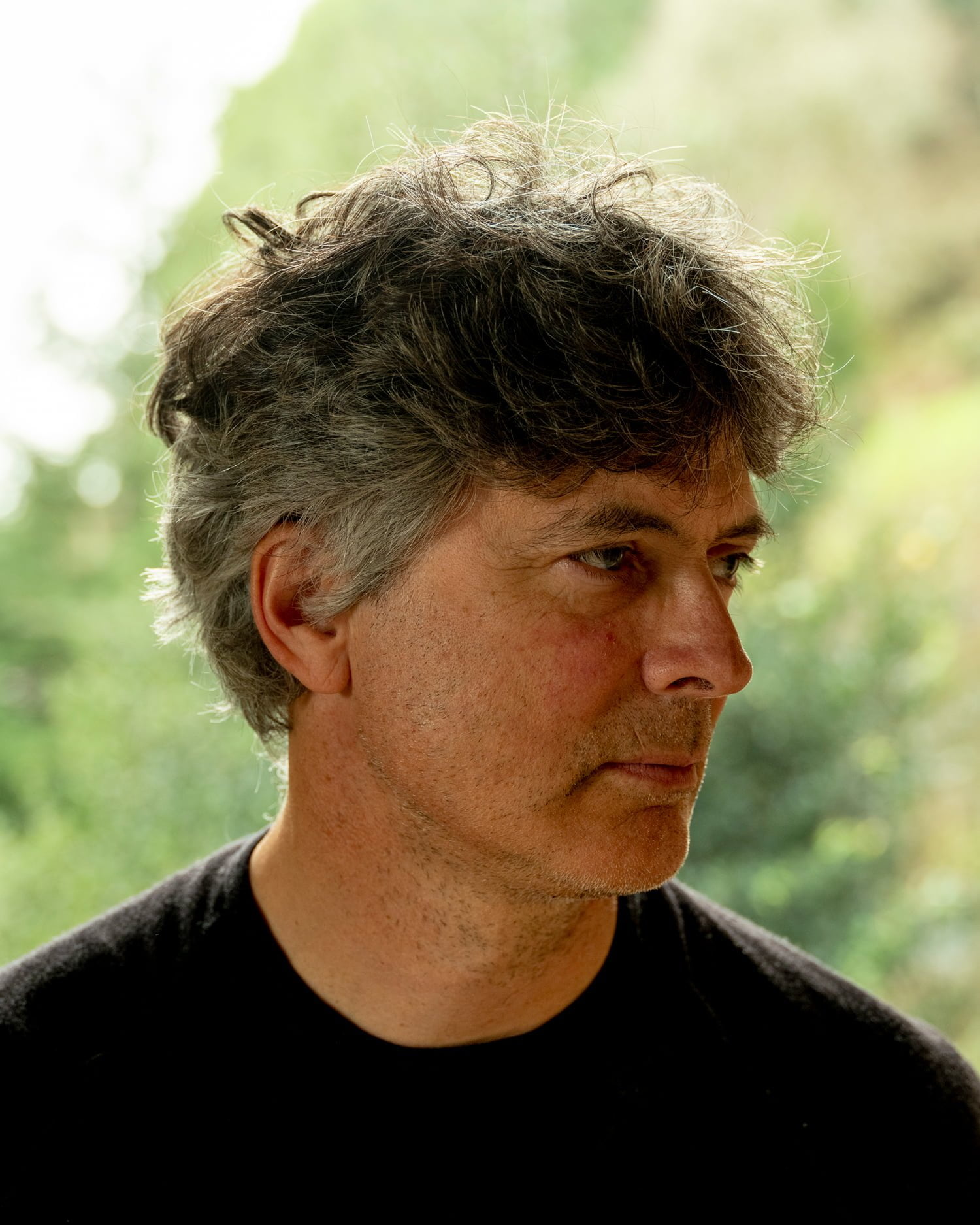With COP28 just around the corner, here’s a quick rundown of this crucial climate event. Decisions made here affect all of us.
What is COP28?
It’s the 28th annual UN climate conference – or ‘Conference of the Parties’ (COP). This is where UN member states assess progress and commit to climate action. First held in Berlin in 1995, this year, it’s Dubai’s turn, from 30 November to 12 December.
Who is attending?
No less than 70,000 people are expected to descend on Dubai for COP28. That includes world leaders, scientists, journalists, business executives, NGOs and activists such as Vanessa Nakate, indigenous youth activist Txai Surui and even the Pope!
Less-welcome guests are fossil fuel lobbyists, in a bid to put pressure on negotiators. Research by human rights groups such as Global Witness revealed that at COP27, 636 fossil fuel lobbyists were registered for the climate talks, up 25% from the previous year. None of the communities on the frontline of climate change had that many representatives.

Why is COP28 so important?
The world is facing a “hellish” 3C of global heating the UN has warned. If we don’t do something, we’re on track to make the Earth uninhabitable. The average global temperature briefly crossed the 2C danger threshold for the first time in a year already set to be the hottest on record, as heatwaves, floods and droughts take hold, affecting millions across the globe.
We need to reduce 43% of emissions by 2030, so this year’s COP is pivotal. After 28 years of foot-dragging by decision-makers, activists are calling for fast-track action and firm outcomes now on everything from energy transition (renewable energy needs to be tripled), to climate finance and equity.


We’re able to tell stories like this because of people like you. Join others from around the world in supporting Imagine5’s mission towards a sustainable future. Become a member, or donate what you can. Join today and receive our latest magazine for free.
The biggest topics?
1. Global Stocktake
COP28 will take stock of progress or lack of progress for the first time since the landmark 2015 Paris Agreement at COP21, where the world agreed to limit global warming to 1.5°C by 2050, (compared to pre-industrial levels), to avoid the most damaging impacts of climate change. The Global Stocktake Synthesis Report published in September, outlines the rapid changes required and will form the focus of talks at COP28.
“Success at COP28 hinges on whether governments respond to the Global Stocktake report not with words but through bold new commitments that steer humanity from our current destructive path,” said Ani Dasgupta, President & CEO, World Resources Institute, in a statement following the report.

Oil production must be phased out in order for us to limit global warming.
Photo: Nik Wheeler/Corbis via Getty Images
2. Phasing out vs. phasing down fossil fuels
Climate action can’t wait, so when countries draft international agreements at COP, wording is everything, especially in terms of a “phaseout” versus a “phasedown” of fossil fuels. The first indicates that fossil fuels will soon be history, the second just says we need to use less of them. Last year 80 countries supported the phaseout, but this was blocked by Saudi Arabia and other oil and gas-rich nations. This year the EU is leading a renewed push for the phaseout. Whether this will be successful at COP28 remains to be seen. China is already resisting.
“If we do not [phase out fossil fuels], it will be a death sentence for countless people,” Greta Thunberg said, at UN talks in Bonn this summer.
3. Climate finance (where’s the money?)
At last year’s COP, a breakthrough agreement was made to establish a global loss and damages fund to compensate the countries worst-hit by climate change, officially acknowledging the inequities of the climate crisis. But big questions remain, such as the size of the fund and specifics of how it will be financed and managed. This must all be determined at COP28.
Another financial sticking point involves the failure of rich nations to deliver on their 2009 promise to provide $100 billion per year from 2020 onwards to help developing countries cut their emissions and combat climate impacts. Addressing this shortfall will be a crucial discussion point this year.
4. Food systems
Food systems contribute to one third of all human-generated greenhouse gas emissions, and so this year’s negotiations will also zoom in on food systems and agricultural transformation. With climate change also threatening global food security, new practices and resources are required to build resilience while cutting down on emissions. It’s time to figure out how agrifood systems can be part of the solution.

Why hold such an important climate conference in Dubai?
As one of the world’s top oil-producing nations, hosting COP28 in the UAE has sparked widespread criticism from environmental groups. Appointing Sultan Al Jaber as president of the talks is also highly controversial considering he is also CEO of the state-owned Abu Dhabi National Oil Company (Adnoc). New data from the Global Oil and Gas Exist List has shown that Adnoc has the largest expansion plans of any oil company in the world. Despite this, some, such as US climate envoy John Kerry, claim Al Jaber’s position makes him well-placed to drive the change required.
We’re able to tell stories like this because of people like you. Join others from around the world in supporting Imagine5’s mission towards a sustainable future. Become a member, or donate what you can. Find out more here
Voices of change







